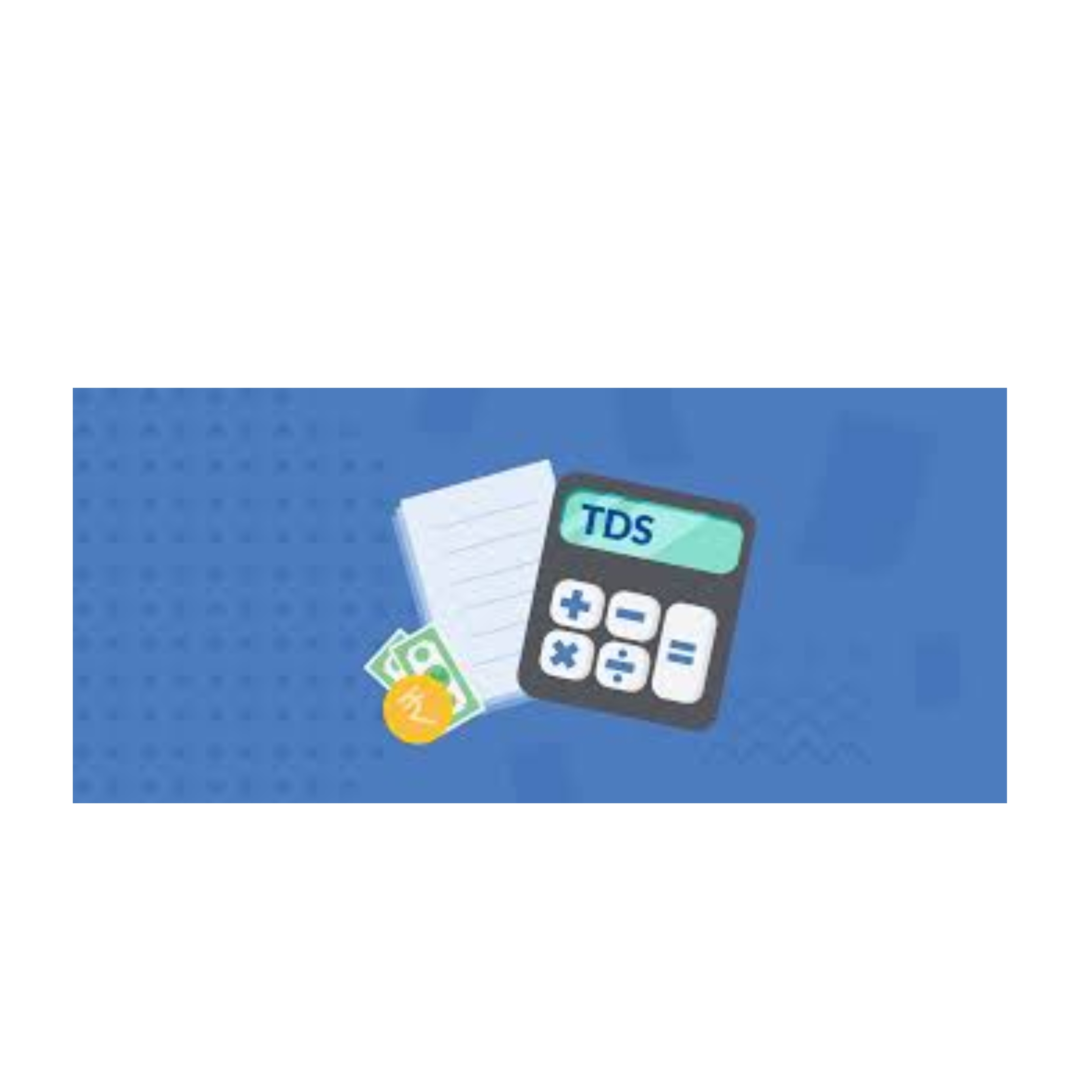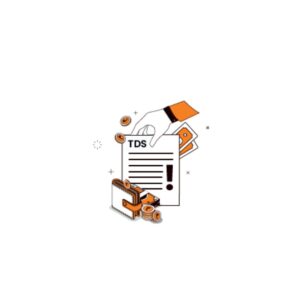![]()

TDS Compliance under section 206ab
Tax Deducted at Source (TDS) is an essential aspect of India’s tax regime, ensuring that taxes are collected at the source of income. Section 206AB, introduced in the Income Tax Act, is a relatively recent addition that specifically targets non-compliant taxpayers. This section imposes higher rates of TDS on individuals or businesses that fail to file their income tax returns (ITR) for the previous two years, provided their TDS deduction exceeds a certain threshold. Let’s break down what this section entails, its implications, and how businesses can ensure compliance.
Here are the key points to understand about TDS compliance under section 206AB:
Applicability:
TDS compliance under section 206ab applies to individuals, Hindu Undivided Families (HUFs), associations of persons (AOPs), body of individuals (BOIs), firms, companies, and any other person who is eligible to deduct TDS.
Higher TDS Rates:
Under section 206AB, if a deductee (i.e., the recipient of payment) has not filed their income tax return for the previous two years and the total amount of TDS deducted exceeds Rs. 50,000 in each of those two years, the TDS rate will be higher. So, The higher rates will be double the normal prescribed rates or rates mentioned in the relevant sections of the Income Tax Act, whichever is higher.
To visit: https://www.incometax.gov.in
Non-Applicability:
Section 206AB is not applicable in cases where the deductee is a non-resident or where the TDS require to deduct under sections 192 (salaries), 192A (withdrawal from EPF), 194B (lottery winnings), 194BB (horse race winnings), 194LBC (income from investment in securitization trust), or 194N (cash withdrawals).
Compliance Requirements:
To determine whether the higher TDS rates under section 206AB apply, the deductor needs to check the PAN of the deductee and the filing status of the income tax return for the previous two years.
Reporting:
The deductor require to report TDS deductions made at the higher rates under section 206AB in the TDS return (Form 26Q, 24Q, etc.) as applicable.
However,В It is important to note that section 206AB is a compliance provision aimed at promoting timely filing of income tax returns. So, It is advisable for deductees to ensure timely filing of their income tax returns to avoid higher TDS rates.
FAQs
1.What is Section 206AB?
Ans: Section 206AB of the Income Tax Act in India mandates a higher rate of TDS (Tax Deducted at Source) for certain taxpayers who have not filed their income tax returns for the past two years and have a total TDS deduction exceeding Rs. 50,000 in each year.
2. Who is affected by Section 206AB?
Ans: This section applies to individuals or businesses who haven’t filed their income tax returns for the last two financial years and have substantial TDS amounts deducted (above Rs. 50,000 per year).
3. What is the purpose of Section 206AB?
Ans: The purpose is to encourage taxpayers to file their income tax returns regularly. By penalizing non-compliance with higher TDS rates, the government seeks to promote tax filing discipline.
4. How much higher is the TDS rate under Section 206AB?
Ans: The TDS rate under Section 206AB is higher than the normal rate. It is the higher of:
- Twice the rate specified in the relevant provision of the Income Tax Act.
- Twice the rate or rates in force.
- 5%.
5. Are there any exceptions to Section 206AB?
Ans: Yes, Section 206AB does not apply to individuals who are not required to file income tax returns under the law. It also does not apply to non-residents who do not have a permanent establishment in India.
6. How can deductors verify if Section 206AB applies to someone?
Ans: Deductors can check whether the taxpayer has filed income tax returns using the “Compliance Check for Section 206AB & 206CCA” utility provided by the Income Tax Department on their official portal.
7. What happens if TDS is not deducted as per Section 206AB?
Ans: If the deductor does not comply with Section 206AB and fails to deduct the higher rate of TDS, they may be held liable for paying the shortfall, along with interest and penalties.
8. Does Section 206AB apply to all kinds of TDS deductions?
Ans: Section 206AB applies to most kinds of TDS deductions, but it does not apply to deductions under sections like 192 (salaries), 192A (premature withdrawal from EPF), 194B (winnings from lotteries, crossword puzzles), and a few others.
9. What is the relevance of the Rs. 50,000 threshold?
Ans: Section 206AB only applies if the taxpayer’s total TDS deductions exceed Rs. 50,000 in each of the previous two financial years. If their TDS deductions are below this amount, the section is not applicable.
10. What are the consequences of non-compliance with Section 206AB?
Ans: Non-compliance could lead to penalties, including the requirement for the deductor to pay the shortfall in TDS along with interest. It may also lead to increased scrutiny or legal action from the tax authorities.
For further details Visit:В https://vibrantfinserv.com/service-detail-10.php
Contact:В В В В 8130555124, 8130045124
Whatsapp:В В https://wa.me/918130555124
Mail ID:В В В В В В operations@vibrantfinserv.com
Web Link: В В https://vibrantfinserv.com
FB Link:В В В В В В https://fb.me/vibrantfinserv
Insta Link:В В https://www.instagram.com/vibrantfinserv2/
Twitter:В В В В В В https://twitter.com/VibrantFinserv
Linkedin:В В В https://www.linkedin.com/in/vibrant-finserv-62566a259/
